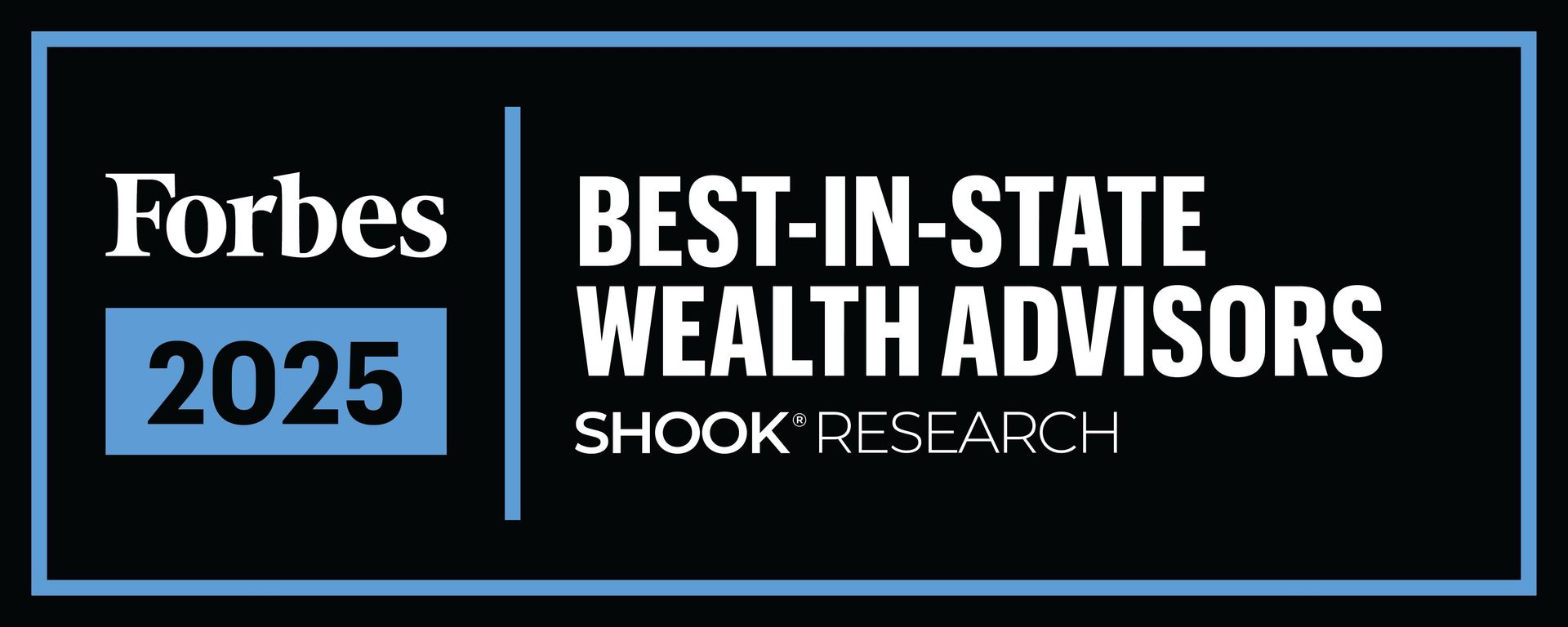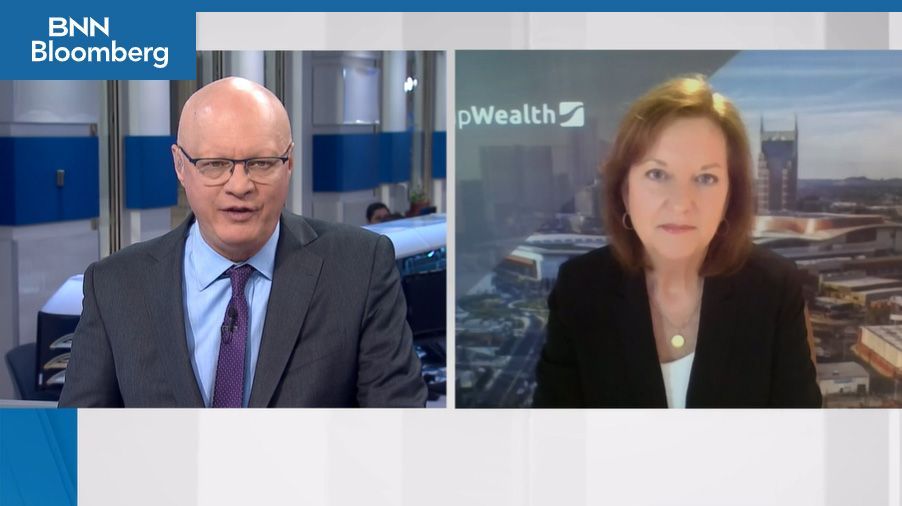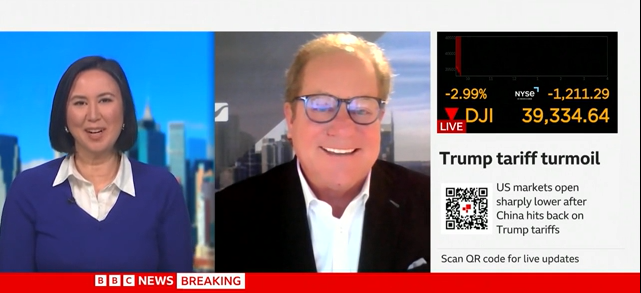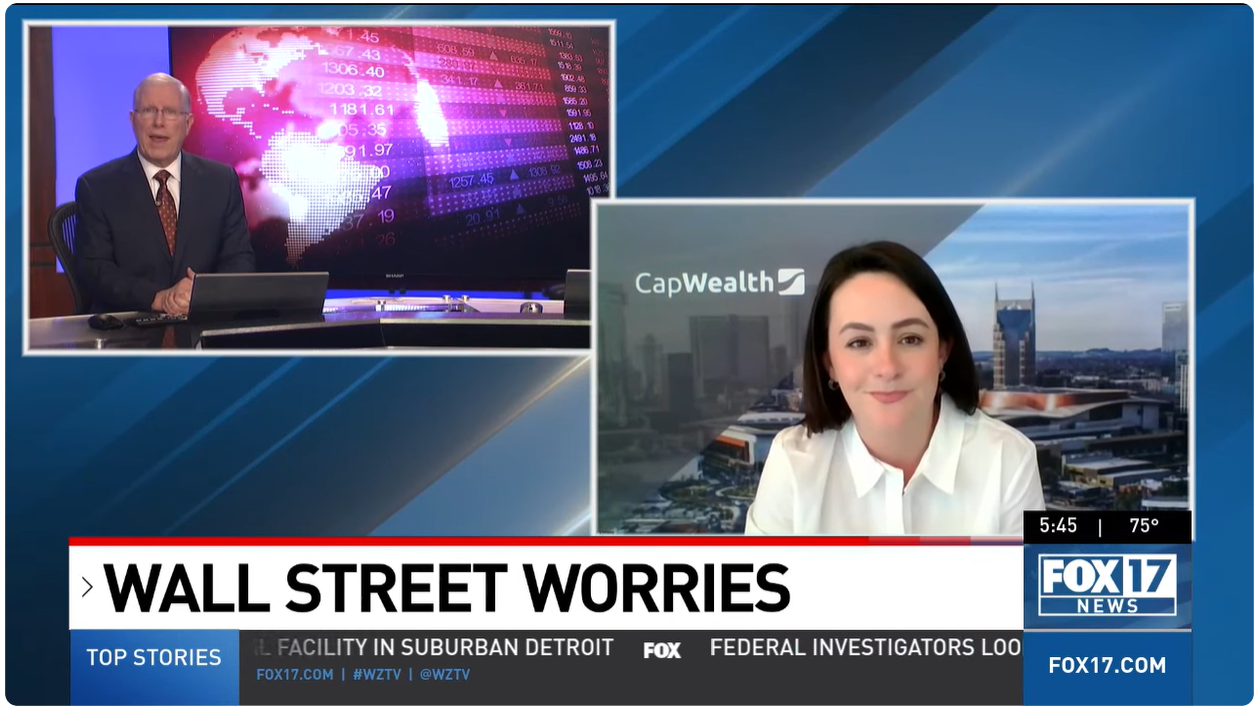American dream of homeownership eludes millennials
October 30, 2015
Historically, owning a home was a foundation of the American dream. It was evidence that an American had achieved financial success, that he or she had “made it.” But today, U.S. homeownership has reached a near 50-year low, renting an almost 30-year high, and the millennial generation — the largest cohort of the American workforce — is either unwilling or unable to put down roots. So it makes us wonder: Is buying a home still a linchpin of the American dream?
To buy or not to buy
According to a report from the Council of Economic Advisers to the White house late last year, millennial homeownership has fallen to its lowest rate in recent history. Instead, millennials are renting, which itself could be an obstacle to homeownership. According to an August report by Zillow, first-time homebuyers (whose median age has been somewhere between 29 and 33.3 for more than 40 years) are waiting a record six years to make the move from renting to owning. Says Zillow chief economist Svenja Gudell, it’s hard to “save for a down payment … while the rental market is so unaffordable all over the country.”
Other millennials have seen what their parents went through in the 2007 housing bubble collapse. Still others are currently shouldering most of the nation’s $1 trillion student loan debt or are facing 7 percent unemployment, declining credit scores and lower salaries. Whatever the case, it’s clear that many millennials aren’t ready for homeownership.
Financially and culturally unique
It could be that homeownership for millennials, even when financially feasible, isn’t their dream at all. Renting is conducive to millennials’ proclivity to travel and experience the world. The upkeep is easier, and they can often get out of their lease with only one month’s notice. Moreover, millennials are delaying marriage (which, of course, could also be a financial decision), and that may mean they’re also purposely delaying homeownership. The low rate of millennial homeownership could be as much a cultural as a financial phenomenon.
Turning tide
In March 2015, Bloomberg reported that the increases in rental prices aren’t slowing homeownership, as Zillow believes, but are actually giving millennials “a nudge toward homeownership.” And Zillow estimates that 5.2 million renters are going to buy a home in 2015, up from 2014’s 4.2 million. According to a March study by the National Association of Realtors, millennials represented 32 percent of all homebuyers, followed closely by Generation X at 27 percent. And the expectation is that millennials will represent an even bigger piece of all homebuyers in 2015.
Are you ready for homeownership?
If you decide it’s time to buy a home, here are some tips to help you evaluate if you’re really ready:
- Preapproval: A lender can give you a preliminary determination of what loan amount you would qualify for under their guidelines based on your income and credit information. This information should help give you an approximate price range that you should look at in your search for a home.
- Upfront costs: To ensure that you do not have to pay private mortgage insurance (PMI), you should aim to have a 20 percent down payment.
- Home expenses: As a general rule, home expenses should not exceed 28 percent of your gross monthly income. Don’t forget about all the extra expenditures that come along with owning a home, like property taxes, insurance and ongoing maintenance/repairs.
- Interest rates: Rates are still at historical lows. However, that will soon change in anticipation of the Federal Reserve raising rates in the near future. This might be the time to buy in order to take advantage of paying less interest.
Until millennials become more optimistic about their financial future, many won’t be convinced to buy homes. And until they buy homes, for them the American dream of homeownership is in suspended animation.
Jennifer Pagliara is a financial adviser with CapWealth Advisors, LLC, and a proud member of the millennial generation. Her column, which appears every other Saturday in The Tennessean, speaks to her peers and anyone else that wants to get ahead financially.













